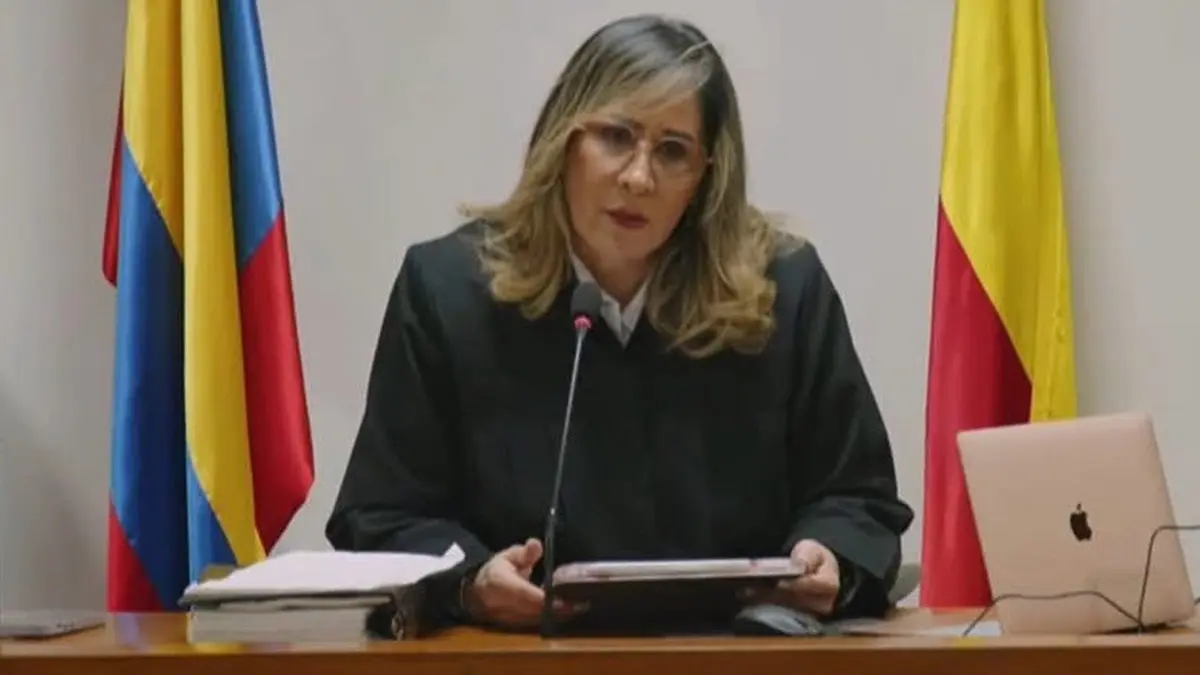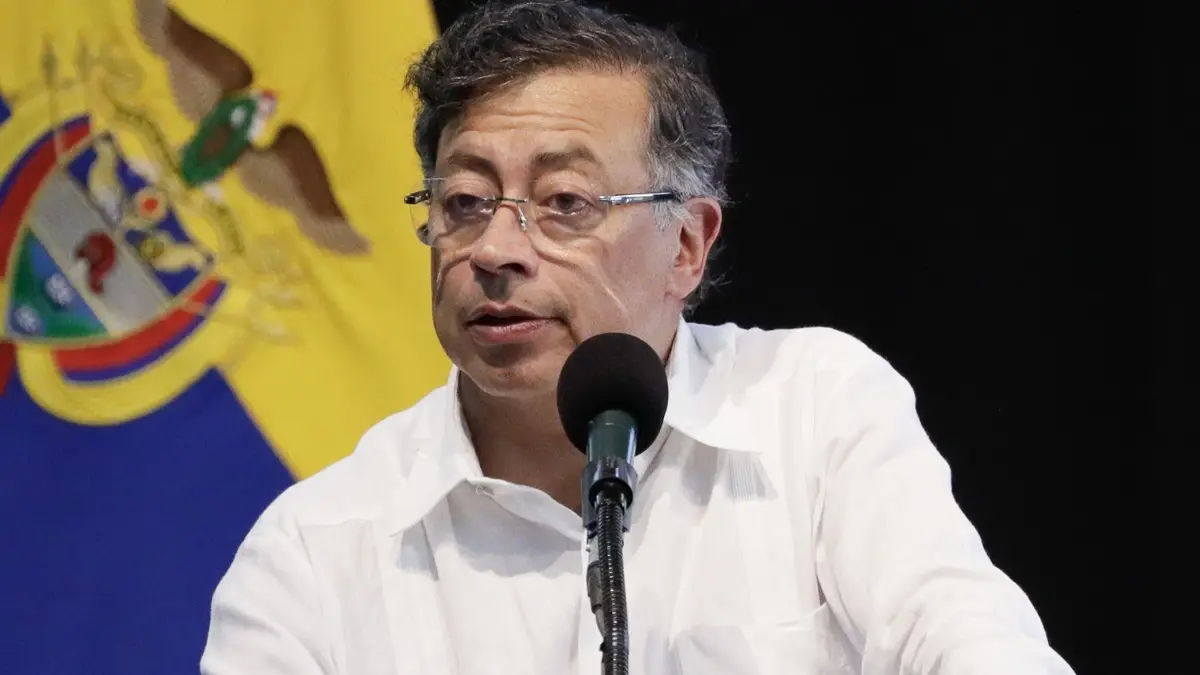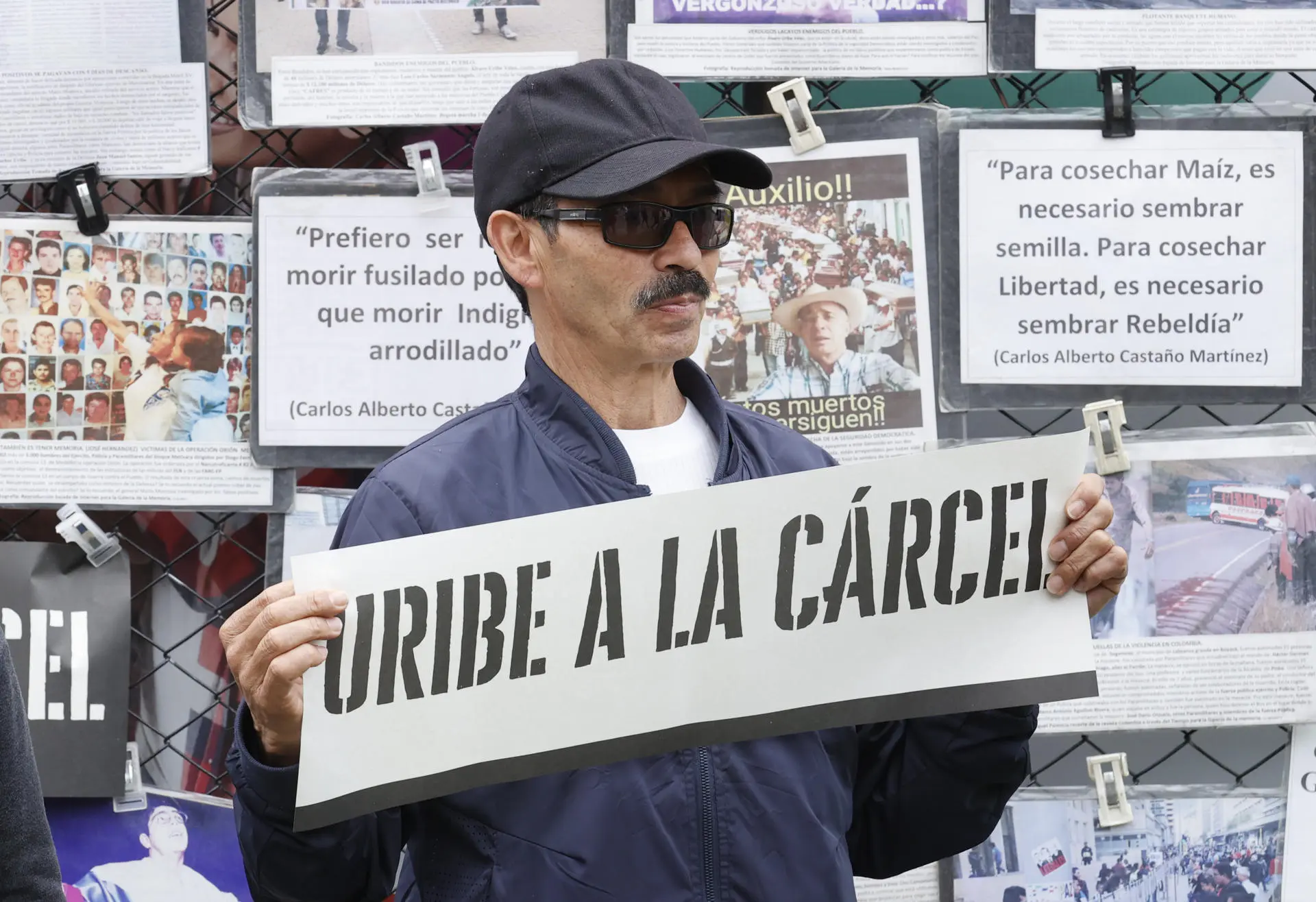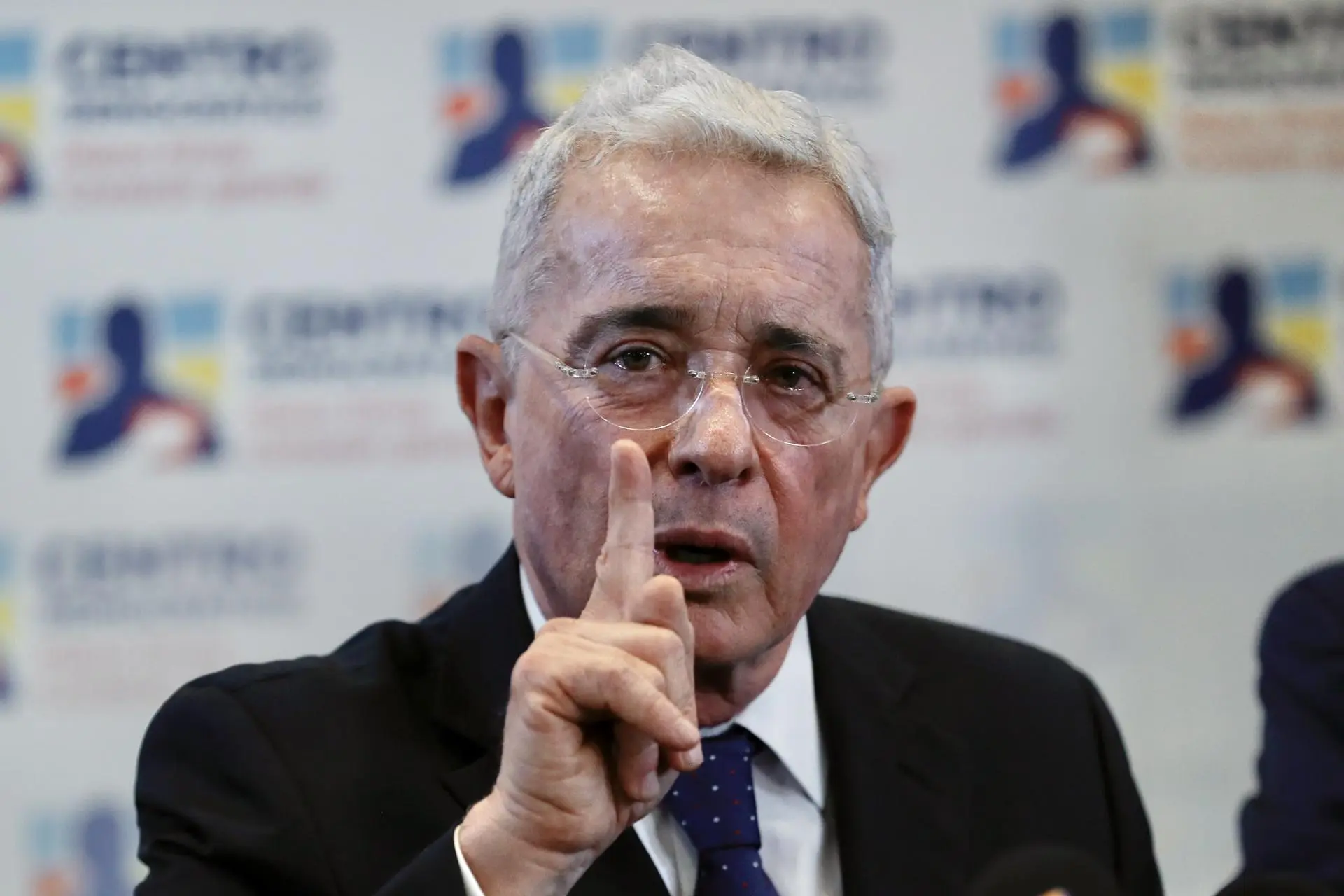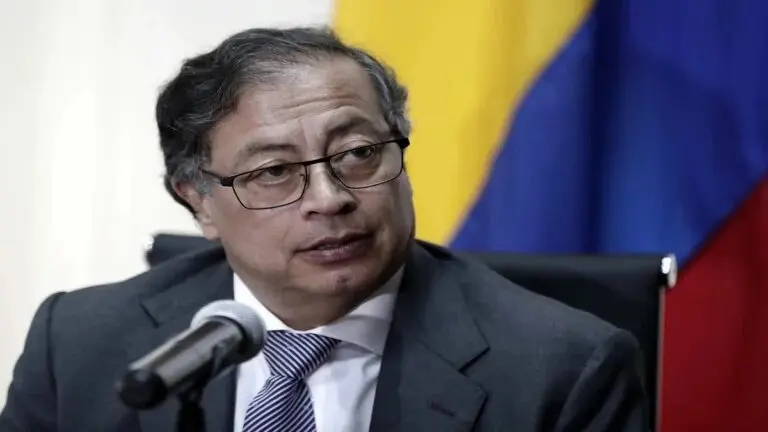Colombian Judge Heredia To Issue Sentence Against Ex-President Alvaro Uribe
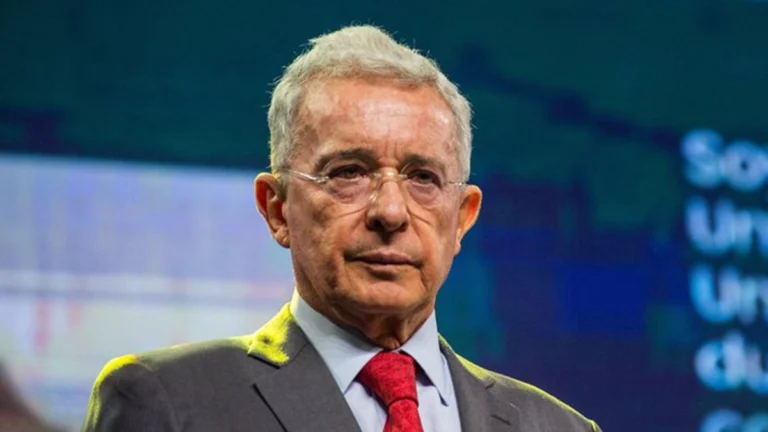
Alvaro Uribe. X/ @el_pais
July 28, 2025 Hour: 2:26 pm
‘Law must not tremble in the face of noise, and justice must not kneel before power,’ she said.
On Monday afternoon, Judge Sandra Heredia is expected to sentence former Colombian President Alvaro Uribe, who is accused of bribery, procedural fraud, and witness tampering.
RELATED:
Petro Denounces Enormous Political Pressure on Colombian Judiciary Ahead of Uribe Trial Verdict
The far-right politician, who governed Colombia from 2002 to 2010, attended the hearing virtually. The session, which began at 8:30 a.m. local time, was streamed live by Bogota’s 44th Criminal Circuit Court.
Before delivering her verdict, Judge Heredia defended the judicial independence of her court in what she described as “one of the most significant cases in its recent judicial history — a case that has stirred passions, divided opinions, and provoked deep emotions.”
“Law must not tremble in the face of noise, and justice must not kneel before power. Justice, like the Greek goddess Themis, sees no names, no titles, no stature, because her gaze is focused exclusively on legal truth and the ethical duty to decide according to law and conscience,” Heredia said.
“This is not a trial against Colombia’s political history. It is not revenge. It is not a conspiracy. It is not an act of opposition or politics. It is an act of justice — and only justice,” she emphasized.
Heredia stated that her decision “does not rule on a name but on a set of facts” and that she reached it “without passion, resentment, and fear,” after what she described as a “marathon battle against the clock” lasting 475 days.
“There is no room here for suspicion or electoral calculation. Nor for biased interpretations,” added Heredia, who also defended the trial’s legal safeguards, respect for due process and the presumption of innocence, despite “attempts to delegitimize the judiciary and attacks against it.”
In that regard, the judge noted that this case “has been handled by women who, in their roles throughout each stage of the process, have bravely faced even sexist attacks and criticisms that perhaps would not have been made if a man were deciding the case.”
“The robe has no gender — but it does have character,” Heredia said, closing her introduction by quoting Montesquieu, the father of the separation of powers: “Law must be like death, which spares no one.”
Heredia acknowledged that “the eyes of the country and many parts of the world” were fixed on her courtroom. Her ruling marks the first time a former Colombian president has been criminally convicted.
The Case Against Uribe Took 13 Years to Resolve
In 2012, during a parliamentary debate, Senator Ivan Cepeda of the leftist Historical Pact party alleged that Uribe had ties to far-right paramilitary groups.
In response, Uribe filed a complaint with the Supreme Court, accusing Cepeda of manipulating the testimony of jailed former paramilitary fighters.
In 2018, the Supreme Court dismissed the case against Cepeda due to lack of evidence and instead opened an investigation into Uribe for alleged witness tampering.
The former president was later charged and placed under house arrest in 2020. Uribe was forced to resign his Senate seat, and his case was transferred to the ordinary justice system.
In 2022, both the Attorney General’s Office and the Prosecutor’s Office attempted several times to have the case dismissed, but their motions were denied. The trial against the far-right politician continued, concluding on July 8, 2025, after 67 days of hearings.
Prosecutor Marlene Orjuela requested a conviction for procedural fraud, witness tampering and bribery in a criminal proceeding — charges Uribe’s defense has vehemently denied.
Uribe has maintained his innocence, describing the case as a “political vendetta.” Senator Cepeda argued that the charges were proven and said the case is proof that “justice arrives, even if late.”
Beyond the courtroom, the case has significant political implications. The ruling is expected to directly influence Colombia’s 2026 legislative and presidential elections.
“Whatever the outcome, it will have a direct impact on the electoral environment and serve as a litmus test for the judiciary’s independence in the face of political pressures,” said political analyst Pedro Viveros.
teleSUR/ JF
Sources: EFE


